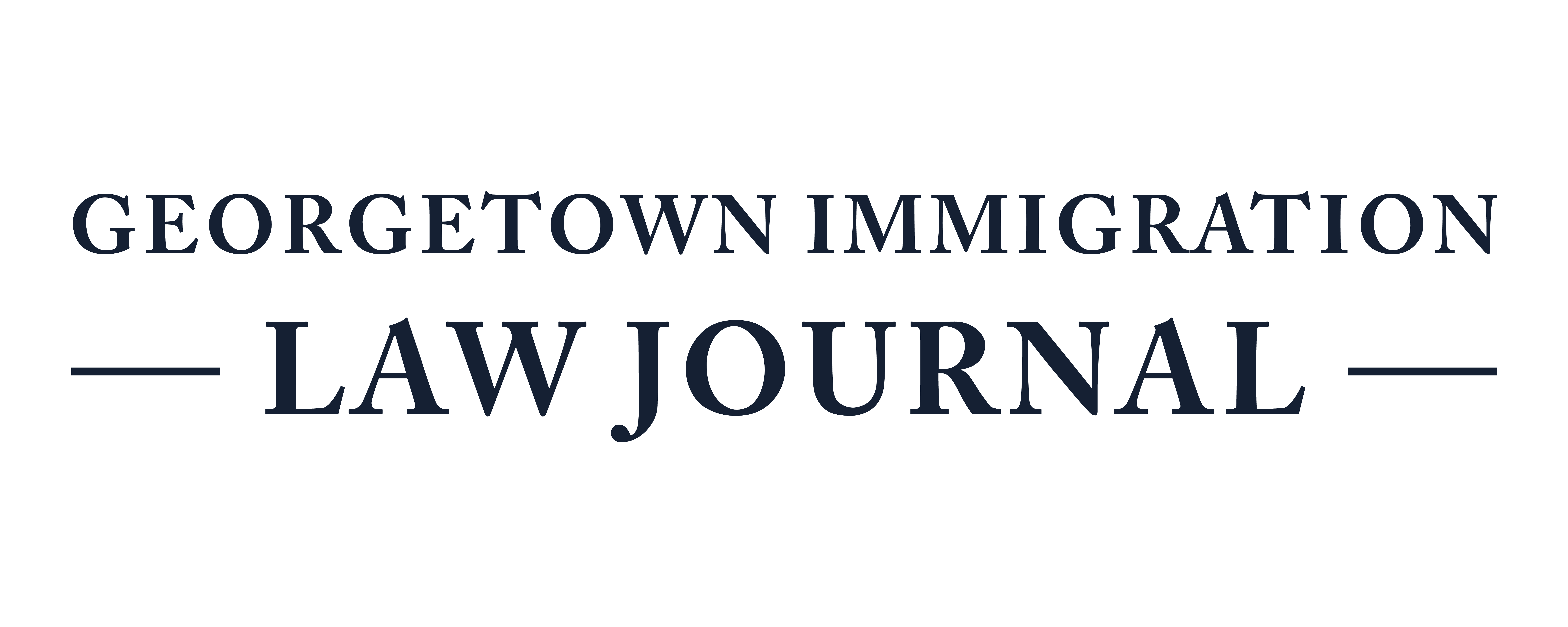Department of Homeland Security v. Thuraissigiam: The Suspension Clause and the Preservation of the Separation of Powers
The Suspension Clause is a bedrock element of the structural separation of powers devised by the nation’s founders, who sought systemic security of individual liberty. The Writ of Habeas Corpus is a safeguard against arbitrary imprisonment, which Alexander Hamilton described as among “the favorite and most formidable instruments of tyranny.” The Clause ensures the judiciary will watch over the government’s application of power to individuals and never turn a blind eye to those imprisoned by executive force, absent the requisite public necessity. Congress may limit the protections of the Writ in certain circumstances and has done so in the case of noncitizens subject to“expedited removal” under the immigration laws of the United States. Congress has placed limitations on judicial review of administrative determinations regarding credible fear of return for otherwise deportable individuals. The constitutionality of those limitations is the question before the Court in Department of Homeland Security v. Thuraissigiam.
Continue Reading Department of Homeland Security v. Thuraissigiam: The Suspension Clause and the Preservation of the Separation of Powers

